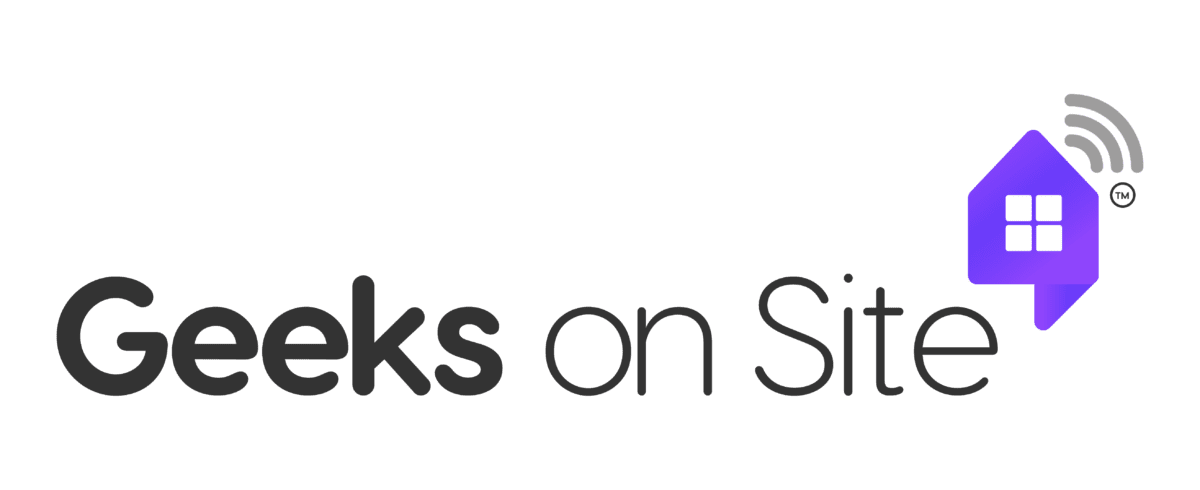Internet security scares many of us away from exploring the wonders of the web. Though, there are a few of us that are trying to embrace internet connectivity. As beginners, we wonder how safe it is on the internet and how we can stay safe. Follow this beginner’s guide to internet security and privacy to make a safe journey through the web.
Fundamental Precautions for Internet Security
Let’s start with the basics. Remember, there is ALWAYS a chance of vulnerability on the internet. However, you can use these basics to try and stay one step ahead of malicious activities.
Install a Firewall and Anti-Virus
Most computers come with a basic firewall and anti-spyware utility (if you are using Windows you are most likely using Windows Firewall and Windows Defender). This is minimal protection; you should make the extra stride and pick out an additional firewall and anti-virus.
Keep your eyes open for the highest rated utilities, and remember that by spending the extra dollar or two for one of these programs, you could be saving your computer and yourself the extra heartache down the road. Free antiviruses may seem like an excellent idea but after some time, in order for them to work in your favor, you have to purchase the product. Get your computer set up right away with the best, so you do not have any issues in the future.
Avoid Unwanted Ads and Emails
Websites can bombard you with a million different advertisements and emails can hide their sender’s true identity. One thing they have in common is that they often represent things that are not as shown; they are malicious.
You can enable add-ons onto your internet browser to help eliminate and minimize ads. Adblock Edge is an extension for Firefox that filters advertisements on the web and only gives you those that are most important.
You will have to monitor your email for suspicious links and attachments. Do not provide personal information to ANYONE online unless you are 100% positive that it is a secure network or you are on the same page with that friend or family member via the phone as well. So, don’t respond to unexpected emails, don’t send money to any unknown sources, or provide access to valuable information.
In fact, why not set up two different emails? One for your home/primary email and another address for filling out forms and subscriptions on the internet, this way you can keep potential junk out of your hair.
Providing Information Online
Did you find a really cute outfit for your grandchild for a price that was too good to be true? Just a word of advice, before purchasing anything online from a website that is not Amazon or a reputable company, look it up on the web and see if there are any scam warnings out there about that website.
Public Internet Usage
On another note, if you are going to be checking your email, paying bills and shopping online you should be cautious of where and how.
Save yourself from web surveillance by using some software that can guard you from network surveillance. Regardless of where you are using the internet, you should be thinking of all the possible risks. A simple tip is to set up two different accounts on your computer: an admin and a “limited user.” Keep your “limited user” account on lockdown and use this account for your everyday use. This account will help you to filter and block the risk of others reaching the heart of your computer.
Other Internet Security Tips
• Choose strong passwords, write them down somewhere safe, make sure they are different and change them frequently.
• Keep your operating system up to date.
• Use private cloud storage so that all of your computer files are protected even if your computer becomes infected.
There are so many ways that you can implement internet security. This is just a quick guide to stay ahead of malicious acts. If you would like help or service from a professional computer technician, contact your local IT support team so you can surf the web hassle and worry free today!
